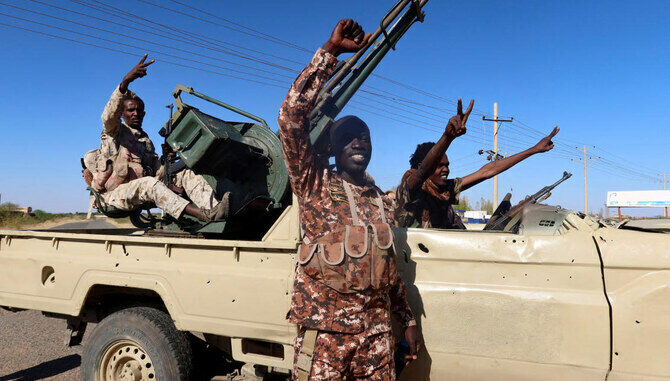
Sudan’s nearly two-year civil war has reached a pivotal turning point as government forces make unprecedented advances against the Rapid Support Forces (RSF), potentially altering the conflict’s trajectory after claiming over 20,000 lives and displacing 14 million civilians.
For the first time since fighting erupted in April 2023, the Sudanese Armed Forces have steadily recaptured strategic areas in Greater Khartoum and neighboring provinces, breaking RSF momentum and threatening to retake the presidential palace and key ministries. Military units have also liberated el-Obeid in North Kordofan from a prolonged RSF siege.
“This marks the first time that SAF has reversed RSF momentum for any major period since the start of the war,” notes Alan Boswell of the International Crisis Group, though cautioning against expectations of imminent peace.
Military success in Khartoum would likely transform rather than end the conflict, creating a de facto partition between military-controlled and RSF-dominated territories. The paramilitary group still maintains firm control over Darfur and western Sudan, where it recently launched a fresh assault on El-Fasher.
Responding to battlefield setbacks, RSF commanders gathered in Kenya to establish a parallel government, signing a charter promoting “a secular, democratic and decentralized state.” Military chief General Abdel-Fattah Burhan has similarly discussed forming a transitional administration.
Despite international condemnation of both forces for documented atrocities, some displaced Sudanese have begun returning to recaptured areas. However, humanitarian workers describe “catastrophic” conditions persisting across contested regions, with critical shortages of water, food, and medical services amid escalating famine risks.
